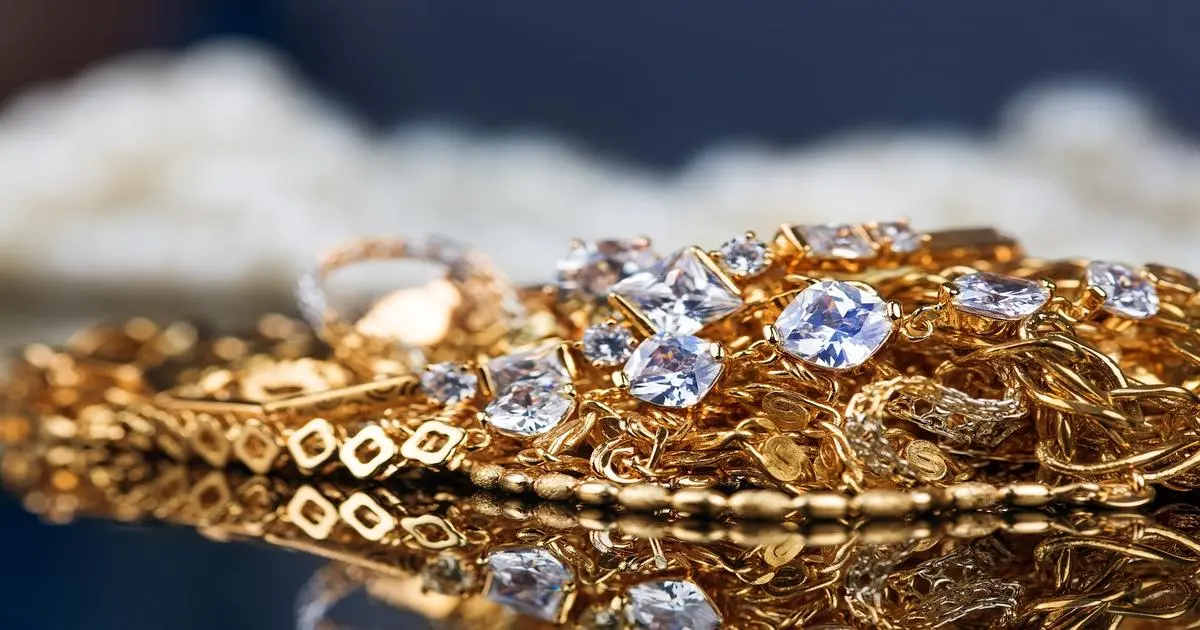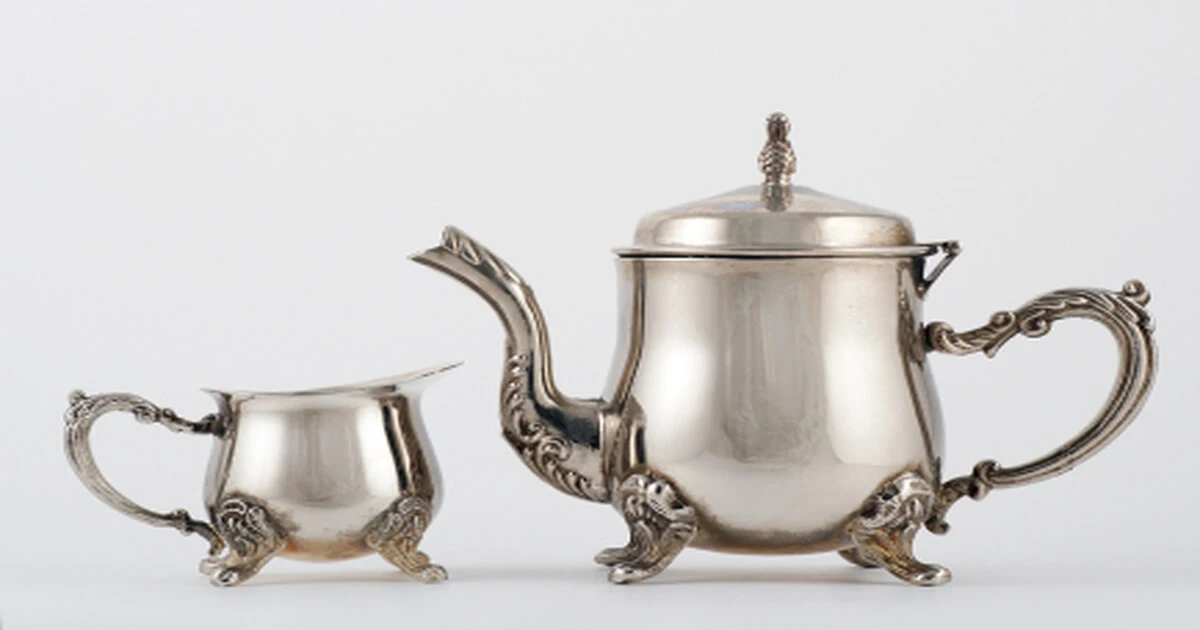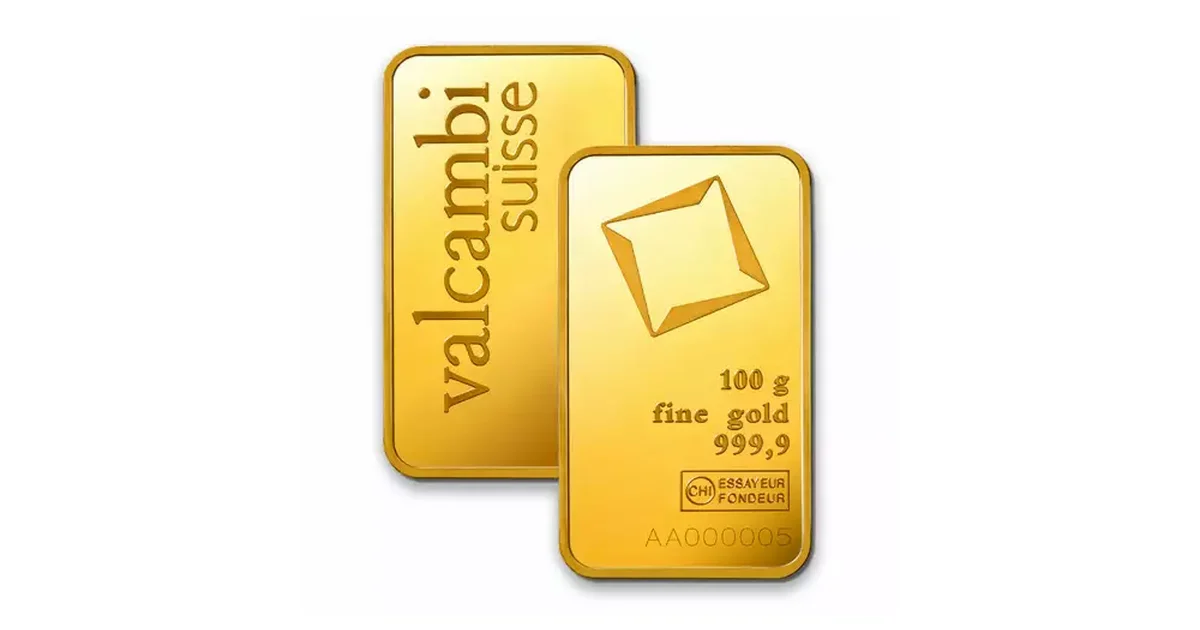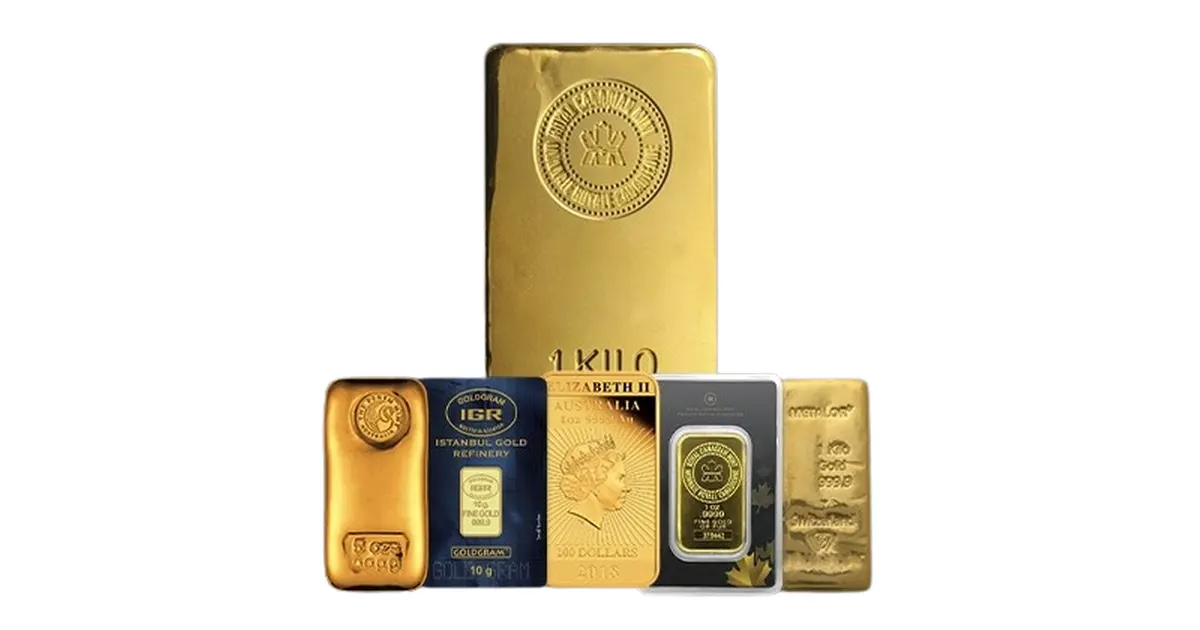
We all have a box of broken chains, lone earrings, or outdated jewelry collecting dust. Instead of letting them sit idle, selling scrap jewelry—gold, silver, or other metals—can turn forgotten pieces into instant cash.
People sell scrap jewelry for various reasons—quick cash, decluttering, or capitalizing on high metal prices. Damaged, outdated, or inherited pieces that don’t suit personal taste are common choices. But getting the best value requires selling smartly.
Not all buyers offer fair prices—some lowball sellers or tack on hidden fees. Choosing a reputable buyer ensures honest pricing and maximum returns. This guide breaks down everything you need to know to sell scrap jewelry wisely.
What Qualifies as Scrap Jewelry?
Scrap jewelry is a piece of jewelry that is just not wearable or useful in its existing state but remains valuable because it is made of a precious metal like gold, silver, or platinum. Designer or collectible jewelry is not considered scrap jewelry but is rather sold by its gold, silver, or platinum content rather than how well it is made along with a sizable markup. Designer jewelry can sell for many times the underlying value of the precious metal content. Scrapping jewelry is a convenient means of generating revenue from damaged or outdated pieces of jewelry. Scrap jewelry consists of torn chains, standalone earrings, damaged rings, and scuffed-up bracelets. Even outdated jewelry that is technically wearable but not in trend is considered scrap.
Precious Metal Content
The scrap jewelry's worth is primarily determined by its metal content. Gold, silver, and platinum are valued according to weight and purity. Gold is graded in karats, with pure gold being 24K. In case of silver, sterling silver (92.5% pure) is more valuable than other alloys. Some items are made of mixed metals, which can influence their value.
Gemstones and Additional Components
Gemstones do affect scrap value, though not necessarily for the better. For instance, fine diamonds, rubies, and sapphires might be worth reselling individually. However, smaller or imperfect stones might not contribute a great deal to the scrap’s value, and some purchasers simply pay for the metal, regardless of the stones — even though, when purchasing, you might have paid extra for the stones.
When is Jewelry Considered Scrap?
The greatest distinction between resale-worthy jewelry and scrap is the factor of desirability. Designer or antique items will earn more money when sold in their intact state. These are usually purchased by collectors for their sentimental, historical, or brand value. Broken or out-of-fashion pieces will typically be classified as scrap and be worth their metal content as opposed to their aesthetic value..
Why Doesn't Condition Matter for Scrap Jewelry
In contrast to resale-worthy or collectible jewelry, scrap jewelry has value only in terms of metal content. Scratches, dents, and missing parts do not influence the price, as purchasers melt the metal down instead of reselling it. Even badly damaged or broken jewelry still has a decent price based on weight and purity.
How to Get Your Scrap Jewelry Ready for Sale

Sorting gold, silver, and platinum separately before selling ensures accurate pricing and prevents confusion. Since buyers offer different rates for each metal, mixing them could lead to lower payouts. Organizing your jewelry in advance allows for better negotiation and easier price comparison.
The most valuable metal jewelry has small inscriptions declaring its purity, such as "10K," "14K," or "925" for sterling silver. Such marks verify metal content and determine prices. When an item is not stamped with a visible hallmark, further testing may be required to determine its composition.
Home testing methods, such as with a magnet (real gold and silver are not magnetic) or acid test, will give an estimate of metal content. Professional assessments are more accurate and can prevent undervaluation. Some buyers offer free testing, so ask before paying for a service.
Where to Sell Scrap Jewelry for the Best Price
Choosing the right buyer is key to maximizing the value of your scrap jewelry. While there are many selling options, not all offer fair prices. Local dealers, online buyers, and jewelry stores each have pros and cons, so knowing where to sell can make a significant difference. Avoid lowball offers and dishonest buyers to ensure you get a competitive price.
Local Precious Metal Dealers or Online Buyers
Selling to a local precious metal dealer provides for quick payment and in-person bargaining. Some dealers test and weigh jewelry in front of you, being transparent. Online buyers, however, can provide competitive prices but necessitate shipping, which is risky if it isn’t insured. If you are selling online, select a buyer with insured shipping and transparent pricing policies.
Jewelry Stores or Scrap Metal Buyers
Jewelry stores may seem like the obvious choice for selling scrap jewelry, but they often prioritize resale value over metal content. Many offer lower payouts since they focus on pieces that can be resold rather than melted down. In contrast, scrap metal buyers determine prices based on the metal’s weight and purity, often offering more for broken or outdated items.
Steering Clear of Pawn Shops and Lowball Offers
Pawn shops provide quick cash but typically offer below-market rates. Since they need to resell at a profit, their payouts are often lower than those of specialized metal buyers. To avoid settling for less, compare offers from multiple buyers before making a sale.
Selecting a Quality Buyer
A trustworthy scrap jewelry buyer should have transparent pricing, clear testing procedures, and positive customer reviews. Look for dealers with strong reputations, fair policies, and a history of offering competitive rates. Checking online reviews and verifying credentials can help ensure you’re dealing with a reputable buyer.
How to Avoid Common Scams When Selling Scrap Jewelry
Selling scrap jewelry can be lucrative, but it is also fraught with risks. Some purchasers exploit sellers who are not knowledgeable about market rates, metal content, or equitable weighing procedures. Knowing common scams and transacting only with open, honest purchasers can ensure you receive the optimal price without being cheated.
Recognizing Unfair Pricing Schemes
Certain buyers take advantage by offering subpar prices, hoping that sellers will not realize the actual value of their jewelry. Lowball offers, ambiguous pricing, or not wanting to clarify calculations are red flags. Research current metal prices and compare several offers before making a choice.
Understanding Weighing and Testing Methods
Precise weighing is important when you are selling scrap jewelry, as some purchasers may employ fixed scales to shortchange you on certain pieces. An honest buyer will weigh your things in your presence and describe the findings. In the same vein, metal analysis should be performed openly, using sound techniques such as acid tests or X-ray fluorescence (XRF) testing.
The Importance of Transparency in Transactions
A legitimate buyer will provide a clear price breakdown, explaining how weight, purity, and market rates affect your offer. Avoid buyers who refuse to disclose how they calculate payouts or try to rush the process without answering questions. Transparency ensures you’re receiving a fair deal.
Red Flags to Watch Out For
Be wary of unscreened internet buyers, surprise processing charges, and high-pressure sales. If a buyer will not decide a reasonable amount of time, won't test your jewelry in front of you, or is trying to charge surprise fees, don't do it. Fair buyers value fairness over speedy sales
Why Choose Pacific Precious Metals to Sell Your Scrap Jewelry
Selling scrap jewelry is a great way to turn broken, outdated, or unwanted pieces into cash, but getting the best return requires knowledge and planning. Understanding key factors like metal purity, weight, and live market prices ensures you make informed decisions. Sorting your jewelry, identifying hallmarks, and choosing the right buyer all play a role in maximizing your payout.
A successful transaction starts with working with a reputable and transparent buyer. Avoid lowball offers, hidden fees, and unreliable dealers by selecting a trusted precious metals expert who provides fair pricing, professional evaluations, and a secure selling process.
For the best value on your scrap gold, silver, or platinum, sell with confidence at Pacific Precious Metals. Our expert team offers competitive, market-driven prices and transparent assessments. Visit one of our locations today for a professional appraisal and get the best offer for your jewelry.







